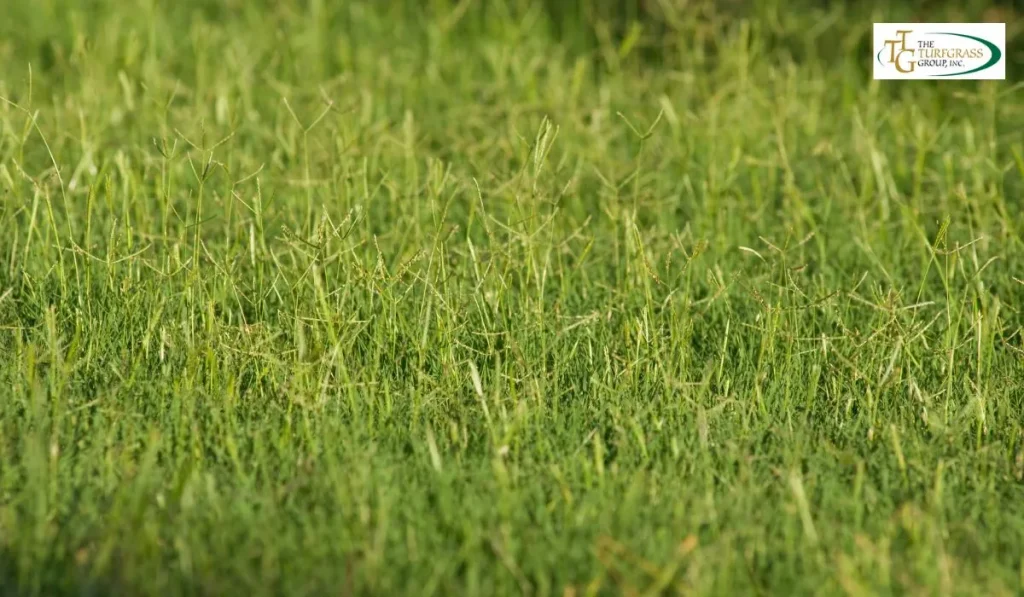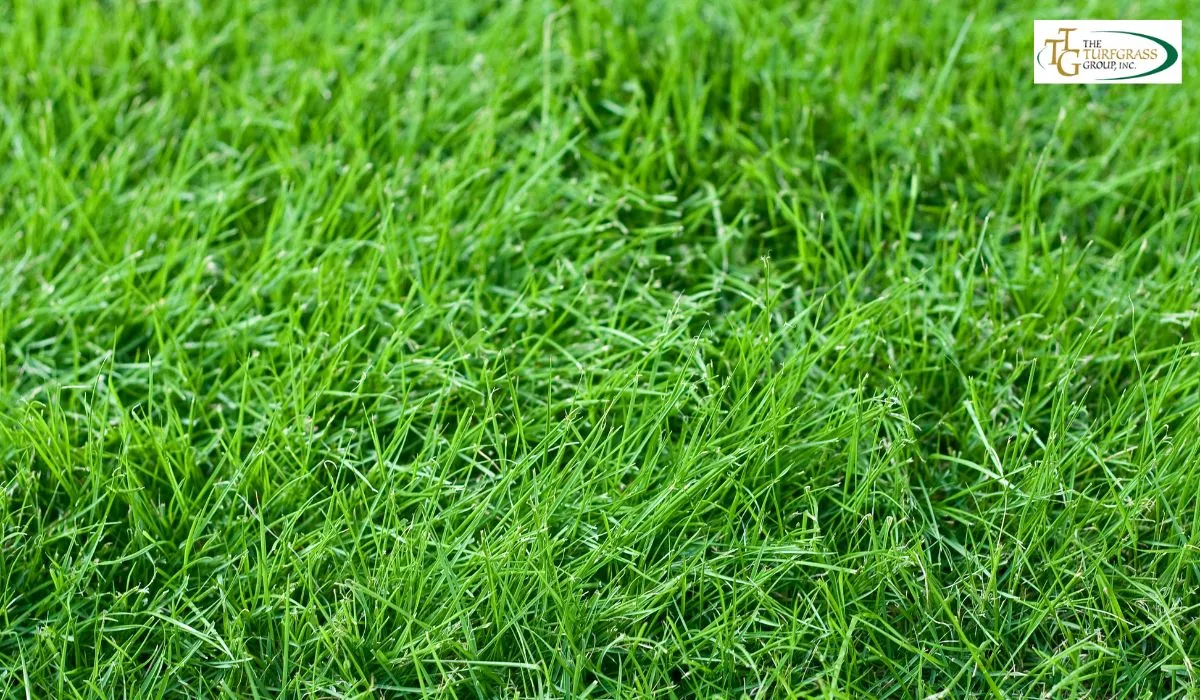
As summer approaches, the excitement for outdoor activities grows.
The warm sun beckons for barbecues, family gatherings, and fun in the yard.
But have you thought about how your lawn will look during this vibrant season?
If you dream of a lush, green yard that can withstand the heat and provide the perfect backdrop for those summer moments, it’s time to buy Bermuda grass.
This hardy grass variety thrives in sunny climates and offers a host of benefits that make it ideal for summertime enjoyment.
Let’s explore why Bermuda grass could be the game-changer your lawn needs this season!
Benefits of Choosing Bermuda Grass for Your Lawn
Bermuda grass is one of the most popular choices for homeowners aiming to enhance their lawns.
One of its standout features is its remarkable resilience to heat and drought, which makes it perfect for warmer climates.
This hardy grass can also withstand heavy foot traffic, making it ideal for families who enjoy outdoor activities.
Whether it’s summer barbecues, kids playing games, or pets running around, Bermuda grass holds up beautifully under stress.
Quick Growth Rate
Another major benefit of Bermuda grass is its quick growth rate.
You’ll find that your lawn fills in rapidly after planting or during the growing season, creating a lush green carpet in no time.
This means less waiting and more enjoying your beautiful outdoor space.
Aesthetic Appeal
The vibrant color of Bermuda grass adds a significant aesthetic appeal that can elevate your home’s landscape.
Its rich, green hue complements flower beds, shrubs, and other greenery wonderfully, making your yard the envy of the neighborhood.
Low Water Requirements
Once established, Bermuda grass requires less water than many cool-season grasses.
This low maintenance need means you can spend more time enjoying your yard and less on upkeep tasks, allowing you to focus on what truly matters—spending time with family and friends.
Bermuda Grass vs. Other Types of Grass
When choosing grass for your lawn, it’s essential to compare Bermuda grass with other types.
Unlike Kentucky bluegrass, which thrives in cooler climates, Bermuda grass loves the heat.
It flourishes under sunny conditions and can handle drought better than many alternatives, making it a smart choice for those warm summer months.
Tall Fescue
Tall fescue is another popular contender.
While it’s adaptable and suitable for transitional zones, it doesn’t have the same resilience against foot traffic that Bermuda offers.
If your household enjoys outdoor activities or has children playing on your lawn frequently, this difference can be significant.
Zoysia Grass

Zoysia grass may sound appealing due to its thick growth pattern, but it often takes longer to establish compared to the quick-growing Bermuda grass.
For those wanting a lush lawn without too much waiting time, Bermuda grass is a better option.
Durability and Color
If you’re after durability and vibrant green color during the hot months, Bermuda grass stands out among its peers as a solid choice.
Its unique qualities make it a favorite among homeowners looking for a reliable and beautiful lawn.
How to Prepare and Plant Bermuda Grass
Preparing your lawn for Bermuda grass begins with soil testing.
This step is crucial for understanding the pH and nutrient levels in your soil, which ensures optimal growth.
Clear the Area
First, clear the area of debris, rocks, and any existing grass.
Creating a clean slate is essential for the successful establishment of your new lawn.
Tilling the Soil
Next, till the soil to a depth of about 3-4 inches.
Aerating improves drainage and encourages deeper root growth.
Follow this by leveling the surface to prevent water pooling, which can lead to other issues down the line.
Choosing Seeds or Sod
When it’s time to plant, you can choose between seeds or sod based on your preference.
If using seeds, spread them evenly across the prepared soil at the recommended rates for the best results.
For sod, lay pieces tightly together in staggered rows, ensuring good coverage and a seamless look.
Watering After Planting
Water lightly after planting but avoid soaking it completely.
Keep a close eye on moisture levels during germination or establishment; consistent watering is key for healthy growth.
Maintaining and Caring for Bermuda Grass in the Summer
While summer is prime time for Bermuda grass, it does require some attention to thrive.
Regular Watering
Start with regular watering—about one inch per week should suffice.
Early morning is the best time to water, allowing moisture to soak in before the sun heats up and evaporates it.
Mowing Practices
Mowing is another essential aspect of maintaining Bermuda grass.
Keep your mower blades sharp and aim for a height of around 1-2 inches.
This height encourages healthy growth while preventing weeds from taking over your beautiful lawn.
Fertilizing
Fertilizing during the summer can give your lawn a much-needed boost.
Opt for a slow-release fertilizer specifically designed for warm-season grasses.
This helps to ensure your Bermuda grass gets the nutrients it needs to thrive.
Pest and Disease Monitoring
Be vigilant for pests or diseases, as these can be more prevalent in hot weather.
Regular inspections will help you catch any issues early and maintain that lush green appearance.
Mulching
Mulching clippings back into your lawn can also aid in nutrient retention and keep soil moisture levels balanced without extra effort on your part.
This eco-friendly practice contributes to a healthy lawn ecosystem.
Common Issues with Bermuda Grass and How to Fix Them
While Bermuda grass is generally resilient, it can face a few challenges.
Brown Patches
One common issue is the development of brown patches.
These are often caused by overwatering or poor drainage.
Adjusting your watering schedule and ensuring proper soil aeration can help remedy this issue.
Pest Problems
Another frequent problem involves pests like grubs and armyworms.
Regularly inspecting your lawn for signs of infestation allows for early intervention.
Treating affected areas with appropriate pesticides or natural remedies keeps your Bermuda grass healthy.
Thatch Buildup
Sometimes, excessive thatch buildup can occur, leading to weakened grass growth.
Aerating the lawn every couple of years helps break up thatch and promotes healthy root development.
Weeds
Weeds can also be a nuisance in Bermuda grass lawns.
A good pre-emergent herbicide applied at the right time prevents weed seeds from germinating while keeping your grass flourishing without harming it.
Enjoy a Beautiful, Low-Maintenance Lawn with Bermuda Grass
Enjoying a beautiful lawn doesn’t have to be a chore.
Bermuda grass offers an ideal solution for those seeking aesthetics combined with low maintenance.
Once established, this hardy grass thrives in sunny environments and can handle the heat of summer like a champion.
Dense Growth Habit
With its dense growth habit, Bermuda grass not only looks lush but also chokes out weeds effectively.
This means less time spent on upkeep and more time enjoying your outdoor space with family and friends.
Drought Resistance
Moreover, Bermuda grass has impressive drought resistance once it’s settled into your landscape.
This feature is especially beneficial during hot months when water conservation becomes crucial.
You’ll find yourself spending less on watering while still maintaining that vibrant green look you desire.
Make the Change Today
So why wait?
If you’re ready to transform your lawn into a stunning oasis without breaking the bank or sacrificing precious hours on maintenance, consider buying Bermuda grass today.
Your yard will thank you with its beauty all summer long!
Conclusion
In conclusion, Bermuda grass offers a multitude of advantages for homeowners looking to enhance their lawns.
With its quick growth, aesthetic appeal, low maintenance needs, and resilience to heat, it stands out as an excellent choice for summer enjoyment.
Whether you’re hosting gatherings or simply relaxing outdoors, a vibrant Bermuda grass lawn can elevate your experience.
So, make the decision today—buy Bermuda grass and watch your lawn transform into a beautiful summer retreat!
FAQs
How do I know if Bermuda grass is right for my lawn?
Bermuda grass thrives in warm climates and is ideal for areas with full sun. If you live in a region that experiences high temperatures and ample sunlight, it’s a great choice.
How often should I water Bermuda grass?
Once established, Bermuda grass requires about one inch of water per week. It’s best to water in the early morning to allow for optimal absorption and to minimize evaporation.
Can I plant Bermuda grass in shaded areas?
Bermuda grass prefers full sun and may not perform well in shaded areas. If your lawn has partial shade, consider other grass types that are more tolerant of lower light conditions, such as tall fescue or zoysia grass.